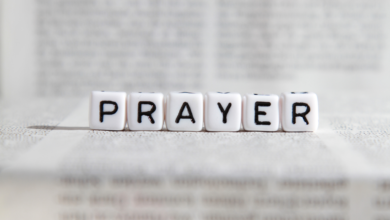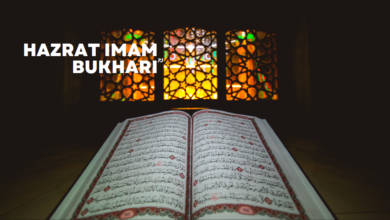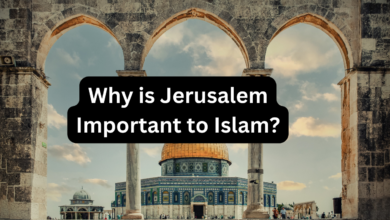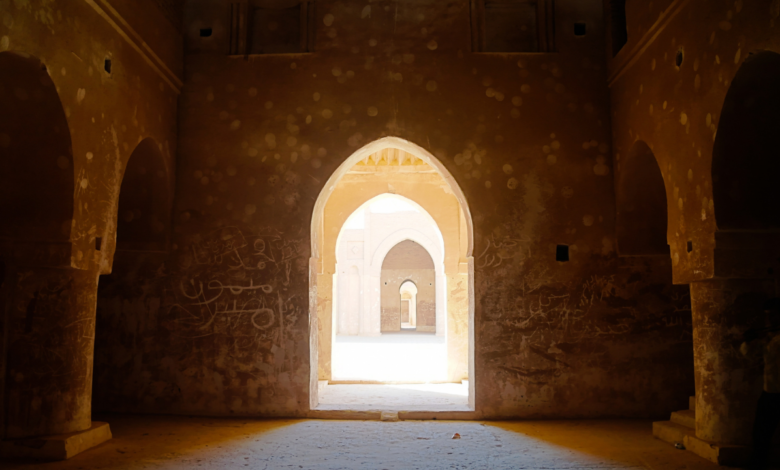
The Battle of Karbala
The Battle of Karbala was a significant historical event that took place in 680 AD (61 AH) between the forces of Imam Hussein ibn Ali and the Umayyad caliph, Yazid ibn Muawiya. It is a central event in Shia Islam, symbolizing the struggle for justice and resistance against oppression.
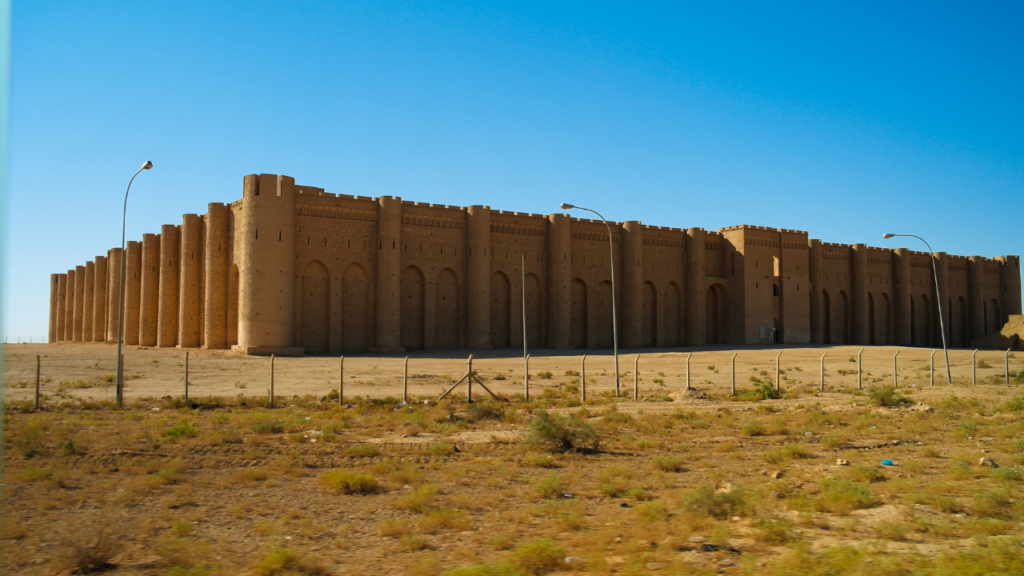
Introduction
The Battle of Karbala, a pivotal event in Islamic history, took place on the 10th of Muharram in the year 680 AD (61 AH in the Islamic calendar). It is a poignant chapter in the annals of Islam, showcasing the courage, sacrifice, and unwavering faith of those who participated. This battle has had a profound and lasting impact on the Muslim world, shaping religious and cultural practices for centuries.
The Historical Context
To understand the significance of the Battle of Karbala, one must delve into the historical backdrop. It all began with the death of Prophet Muhammad in 632 AD, which ignited a succession crisis in the nascent Muslim community. This schism resulted in the emergence of two major factions: the Sunni and the Shia. While the majority of Muslims, the Sunnis, supported the caliphate of the first four Rashidun Caliphs, the Shia believed that leadership should pass to the family of the Prophet through his cousin and son-in-law, Ali ibn Abi Talib.
The Fourth Caliph, Ali, ruled for a brief period, and after his assassination, his son, Imam Hussein, emerged as a central figure for the Shia. However, the Umayyad dynasty, the ruling power at the time, held onto their position and imposed their authority over the Muslim world. Tensions simmered, leading to the tragic events of Karbala.
The Key Players
The Battle of Karbala primarily featured two prominent figures: Imam Hussein ibn Ali, the grandson of Prophet Muhammad and the third Shia Imam, and Yazid ibn Muawiya, the Umayyad caliph.
Imam Hussein, known for his piety, integrity, and devotion to his faith, refused to pledge allegiance to Yazid due to concerns about his corrupt and tyrannical rule. His refusal to acknowledge Yazid’s authority set the stage for the epic confrontation.
The Battle Unfolds
Imam Hussein, accompanied by his close family members and a small group of followers, set out for Kufa in modern-day Iraq, hoping to lead a nonviolent resistance against Yazid’s rule. However, Yazid’s governor in Kufa, Ubaydullah ibn Ziyad, intercepted Hussein’s party and forced them to camp at Karbala, cutting off their access to water.
The battle commenced on the 10th of Muharram, 680 AD. Hussein’s forces numbered a mere 72, while Yazid’s army consisted of thousands of soldiers. Despite the overwhelming odds, Imam Hussein’s followers displayed remarkable courage and steadfastness, as they fought valiantly against Yazid’s forces.
The Martyrdom and Legacy
The Battle of Karbala ended in tragedy, with Imam Hussein and most of his companions martyred. The women and children from Hussein’s camp were taken captive and marched to the court of Yazid in Damascus, where they endured great suffering. The surviving members of Hussein’s family, particularly his sister Zainab, played a vital role in preserving and spreading the message of Karbala.
The Battle of Karbala holds immense significance in Shia Islam, symbolizing the eternal struggle for justice, truth, and the rejection of tyranny. It serves as a source of inspiration for millions of Shia Muslims worldwide who commemorate the event annually during Muharram, culminating in Ashura, the day of the battle. Ashura is marked by mourning processions, recitations of elegies, and acts of charity.
Conclusion
The Battle of Karbala is not merely a historical event but a powerful narrative of resilience, faith, and sacrifice. It transcends religious boundaries, resonating with people from diverse backgrounds who appreciate the principles of justice and standing up against oppression. The legacy of Karbala endures, serving as a timeless reminder that even in the face of overwhelming odds, unwavering conviction and the pursuit of righteousness can change the course of history.
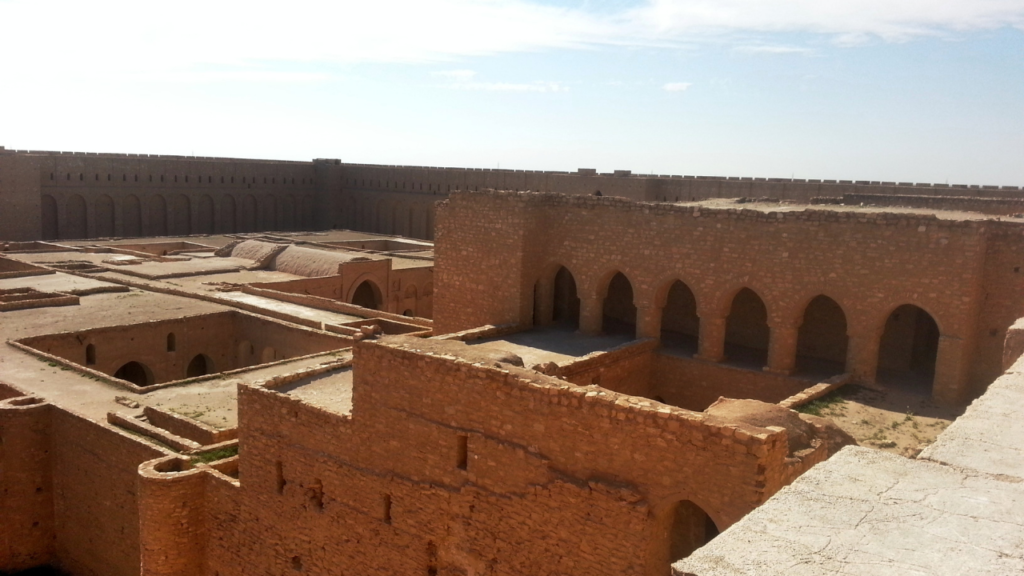
FAQs
What is the Battle of Karbala?
The Battle of Karbala was a significant historical event that took place in 680 AD (61 AH) between the forces of Imam Hussein ibn Ali and the Umayyad caliph, Yazid ibn Muawiya. It is a central event in Shia Islam, symbolizing the struggle for justice and resistance against oppression.
Why did Imam Hussein refuse to pledge allegiance to Yazid?
Imam Hussein refused to pledge allegiance to Yazid due to concerns about his corrupt and tyrannical rule. He believed that it was his duty to stand up against injustice and maintain the principles of Islam as taught by his grandfather, Prophet Muhammad.
How many people participated in the Battle of Karbala on each side?
Imam Hussein’s forces numbered around 72, while Yazid’s army consisted of thousands of soldiers, giving Yazid a significant numerical advantage.
What happened during and after the Battle of Karbala?
During the battle, Imam Hussein and most of his companions were martyred. The surviving women and children from Hussein’s camp were taken captive and marched to the court of Yazid in Damascus, where they endured hardships. The surviving members of Hussein’s family played a crucial role in preserving and spreading the message of Karbala.
Why is the Battle of Karbala significant in Shia Islam?
The Battle of Karbala is significant in Shia Islam because it symbolizes the struggle for justice, truth, and the rejection of tyranny. It serves as a source of inspiration and is commemorated annually during Muharram, with Ashura being the most important day of remembrance.
How is the Battle of Karbala commemorated today?
The Battle of Karbala is commemorated by Shia Muslims during the first month of the Islamic lunar calendar, Muharram. The commemoration includes mourning processions, recitations of elegies, acts of charity, and the retelling of the story of Karbala.
What is the message of the Battle of Karbala for people of all backgrounds?
The message of the Battle of Karbala transcends religious boundaries, emphasizing the principles of justice, standing up against oppression, and unwavering conviction in the face of adversity. It serves as a timeless reminder that individuals can make a difference, even in the most challenging circumstances.
Are there any historical sites associated with Karbala today?
Yes, Karbala in modern-day Iraq is home to significant historical sites, including the holy shrines of Imam Hussein and his brother Abbas. These sites attract millions of pilgrims and visitors each year.
What is the legacy of the Battle of Karbala in the Muslim world?
The Battle of Karbala has had a profound and lasting impact on the Muslim world, influencing religious and cultural practices, inspiring art, literature, and fostering a sense of devotion to the values of justice and resistance against oppression.
Can non-Muslims learn from the Battle of Karbala?
Absolutely. The story of Karbala has universal lessons about courage, sacrifice, and the pursuit of justice. It is a historical event that can inspire people of all backgrounds to stand up for what they believe in and work toward a more just and compassionate world.
